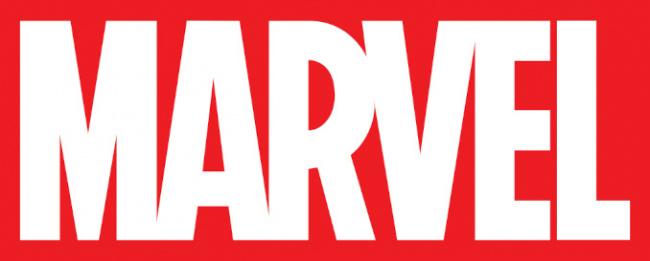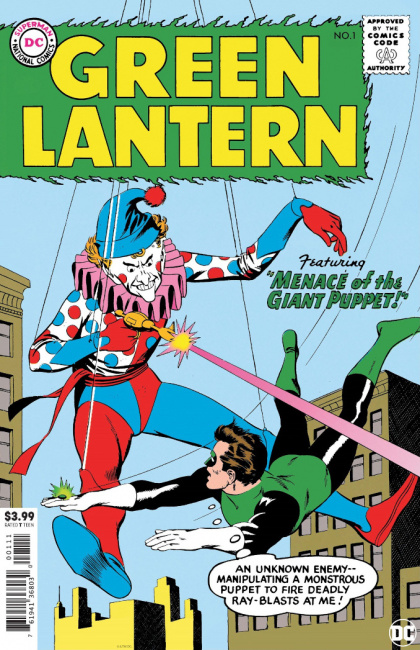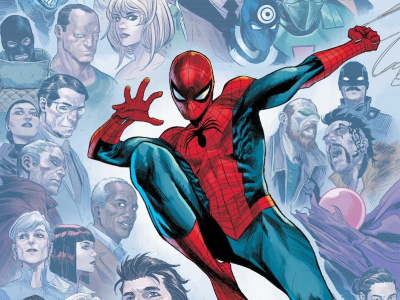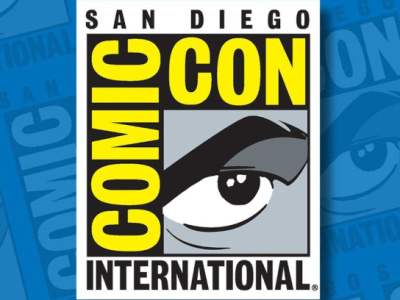The past couple of weeks have seen a number of notable exits from the comics business: some voluntary, some non-negotiable; some perhaps temporary, others more permanent; some inevitable, others unexpected, but each marking the end of an important epoch. Here are some off-the-cuff observations about a few of the big departures.
ReedPOP’s Lance Fensterman. Fensterman, the long-time head of ReedPOP, announced his departure from the events company where he spent the past 17 years (see "Fensterman Exiting ReedPOP"). Fensterman was a fixture in the convention business, building and leading a team that ran some of the world’s most celebrated and best-attended geek culture shows. He was also instrumental in turning those conventions from niche fan celebrations into mass media events.
In the mid-aughts, when Fensterman was brought in to run New York Comic-Con (see "New York Comic Con Adds Show Manager"), the commercial prospects of doing a big show in the Big Apple seemed as daunting as the logistics. Those who attended the first year or two of NYCC know that there were some birthing pains. Whatever the bumps in the road, Fensterman and his team saw the potential not only in an East Coast alternative to San Diego, but for these shows to scale across the country and the world in a way we had not really seen before, by marshalling the resources of mainstream tradeshow giant Reed Exhibitions.
The success of ReedPOP showed that an event like San Diego Comic-Con didn’t need to be sui generis. Geek culture in the 2010s could, and did, accommodate big, bustling, family-friendly, media-saturated extravaganzas from Seattle and Chicago to London and Johannesburg.
ReedPOP had its hits and misses to be sure, but as a professional observer of the space, I always held Fensterman and his team in the highest regard in terms of their sincerity, commitment and willingness to take risks to spread the Gospel of Geekdom. In our conversations, Lance went out of his way to make himself available, gave straight answers, and always shared credit with his team.
"I’m kind of at a loss for what to say about the last 17 years of my life," wrote Fensterman on LinkedIn. "I’ve learned everything I know about business being a part of building ReedPop. I’ve had adventures on 5 different continents. I’ve been a part of building brands and cultures and fandoms. I served amazing communities of fans all over the world. I can't wait to watch ReedPop continue to grow and thrive as a fan, supporter and admirer."
Something tells me we haven’t seen the last of Lance Fensterman in this business, so we’ll bid him au revoir and best of luck on whatever is next.
Marvel’s Ike Perlmutter. When word came that longtime Marvel Entertainment chairman Ike Perlmutter had been "laid off," "fired," "made redundant," or whatever other variation of "kicked to the curb" that headline writers could come up with (see "Perlmutter Out, Feige Now Buckley’s Boss"), the schadenfreude burst forth like water from a fire hydrant on a hot August day in the Bronx.
To say the inscrutable Israeli entrepreneur had not made many friends in his quarter century as the landlord of the House of Ideas is, apparently, a bit of an understatement. By Friday, the Internet was full of posts recounting Perlmutter’s greatest hits in his hall of fame career as Bad Boss and loathsome person, from his expressions of racist and misogynistic views to his extracurricular activities in the Trump administration to examples of his cheapness that beggar belief.
The consensus on his departure is that, in the end, the one enemy he really couldn’t afford to let get the upper hand, Disney CEO Bob Iger, finally got the support he needed to hit the eject button. Disney bundled the responsibilities of Perlmutter’s Marvel Entertainment unit under Kevin Feige’s Marvel Studios, where it probably should have been in the first place.
In our rush to bid good riddance to a figure who made a lot of people’s already-hard jobs harder than they probably needed to be, we should at least acknowledge that Marvel almost certainly would not have made it out of the 20th century alive were it not for a couple of his big, big moves.
First, it was Perlmutter and his ToyBiz partner Avi Arad who rescued Marvel from the financial mismanagement of Ron Perelman, and from the clutches of vulture capitalist Carl Icahn, when the company was driven into bankruptcy in the late 1990s. Whatever you can say about Perlmutter, is there anyone who thinks Marvel’s business prospects would have been better off under either of those gentlemen?
Second, Perlmutter agreed to push all Marvel’s chips into the middle of the table to start Marvel Studios in the early 2000s, literally mortgaging the company’s crown jewel IP assets to secure the financing necessary to get the Marvel movie juggernaut moving. Taking that kind of a risk, especially when the first property out of the gate was a second-tier character (Iron Man) starring a washed-up troublemaker as the leading man (Downey, Jr.), is notable, even if others deserve more credit for the MCU’s long-run success.
Finally, while Disney’s acquisition of Marvel in 2009 may have seemed inevitable in hindsight, it was by no means a foregone conclusion. The economy was a smoldering wreck in 2009. Even companies with attractive prospects like Marvel had to pass muster with corporate bean counters to make it through the acquisition process. Perlmutter’s flinty management style may have rankled the staff but it left Disney’s accountants impressed enough, and didn’t incur a lot of consolidation costs because there was so little fat there to cut.
The Disney-Marvel fit hasn’t always been perfect, but the Mouse House was a pretty good place for the company to have ended up, all things considered. Now its future is in the hands of Feige and Iger, with Perlmutter left to cry all the way to the bank.
The sun is setting on the Silver Age. As someone who came of age in the comics world of the 70s and 80s, and really started connecting with the community in the late 90s, I remember when figures from the industry’s Mount Rushmore walked among us. And of course the unique world of fandom and conventions gave us unusual opportunities to meet them in person. Even into the 2010s, we still had a few folks whose careers stretched back to the earliest days of the Golden Age, including Stan Lee, who broke in 1941(!).
Last week, we got a couple more signs that the shadows are getting longer, as they inevitably do. Silver Age inker Joe Giella, whose line defined the look of many mid-60s DC classics, died recently at age 94. Over the weekend we lost Bill Finger Award winning writer Steve Skeates, one of the first members of a younger generation to get into comics when the business started to open up in the 1960s. He was 80.
Having people with lived experience going back to the formative years of the industry is a huge privilege, especially in a business as community-oriented as comics. As more of those voices grow silent with the passing of time, let’s take a minute and cherish the creators still among us whose work helped build the art form we love.
The opinions expressed in this column are solely those of the writer, and do not necessarily reflect the views of the editorial staff of ICv2.com.
Rob Salkowitz (@robsalk) is the author of Comic-Con and the Business of Pop Culture.
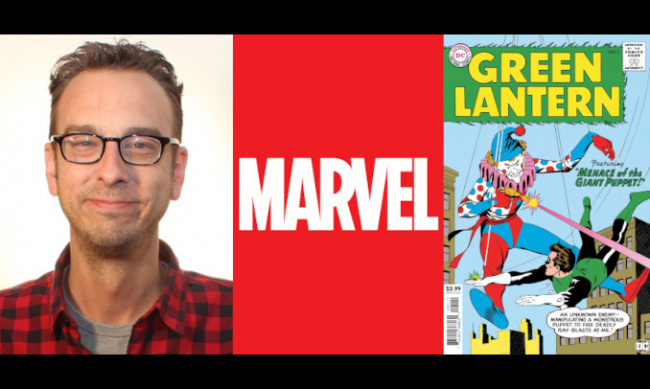
Column by Rob Salkowitz
Posted by Rob Salkowitz on April 3, 2023 @ 5:06 pm CT
MORE COMICS
Eisner-Winning Manga Inspired Two Films
July 30, 2025
The manga, which won a 2007 Eisner Award, inspired both the 2003 film by Park Chan-wook and the 2013 remake by Spike Lee.
Characters from All Five Ultimate Titles to Face the Maker
July 29, 2025
The characters from the five Ultimate comics will have a final showdown with The Maker in Ultimate Endgame.
MORE COLUMNS
Column by Scott Thorne
July 28, 2025
This week, columnist Scott Thorne comments on the Edge of Eternities prerelease and on Magic: The Gathering news from the Hasbro earnings report.
Column by Rob Salkowitz
July 21, 2025
Columnist Rob Salkowitz lays out the Comic-Con panels of interest to industry professionals, current and aspiring creatives, educators, librarians and retailers.





